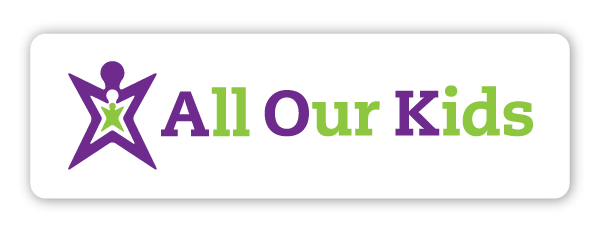Appeals, Hearings, and Other Terms
The Appeals Process
An appeal is the biological parent’s effort to overturn the Court’s decision, typically on termination of parental rights. The appeal is usually heard by a single justice or panel at the Appeals Court, which is the middle tier of the court system in Massachusetts. You can reasonably expect an appeal to add at least year to a case. Technically a biological parent has thirty days after a decision to file for an appeal, but it is far from unheard of for them to be allowed late, so you should not be surprised if that occurs. You can attend the hearing on the appeal (which will almost always be in Boston). The findings from the appeal are published, but pseudonyms are used, so your child will not be identifiable. Appeals are extremely hard for biological parents to win. Technically, there is the option for further appeal to the Supreme Judicial Court (highest court in the state) after the Appeals Court, but it is rarely exercised/allowed.
In the event that an appeal is successful for a birth parent, he or she does not automatically get a different verdict in the case. Rather, a new trial is ordered. This second trial may or may not come to a different conclusion and decision than the first.
Prima facie trial / “prima facie”
This trial is conducted when a parent has not been involved. Often, this will involve a putative father (a man whose legal relationship to a child has not been established). Basically, DCF presents one or two witnesses to the court, reports on the parent’s lack of involvement and their efforts to engage the parent. The Court then terminates the parent’s rights (or cuts off the opportunity for them to establish rights in the case of a putative father) after the very brief presentation. After that, the attorney for that parent will no longer be a part of the case.
Third-party custody hearing
This is a hearing to determine if the Court will award custody to a particular person. Often, this person has sought to be a foster placement through DCF and DCF has refused. Third-party custody may be sought when a potential foster parent, such as a relative, has been refused by DCF as a kinship foster placement (for reasons ranging from the serious to the trivial). What the third party then does is ask the court to place the child directly with the third party, rather than through DCF as a foster placement. The court has more leeway to place a child with a third party despite that person not meeting DCF guidelines (e.g., a criminal record in the distant past, not enough space in their home, etc.). Third-party custody will typically be addressed in a hearing apart from a trial, though it is possible for the issues to be merged.
Guardianship
Guardianship is a potential permanency option for a child that does not require termination of parental rights, as adoption does, and does not create the same legal relationship adoption creates. It is an option often considered for older children unwilling to consent to adoption and opposed to having their parents’ rights terminated, even if they can’t live with those parents.
